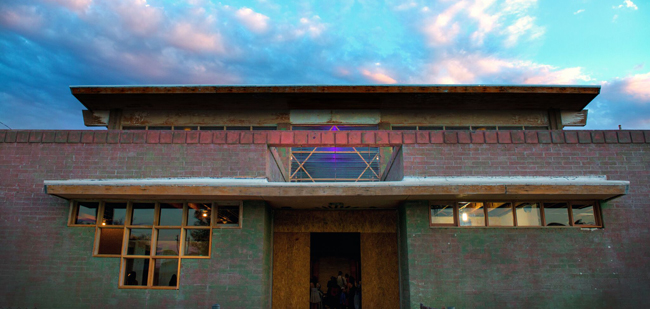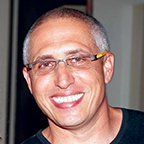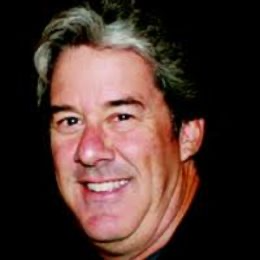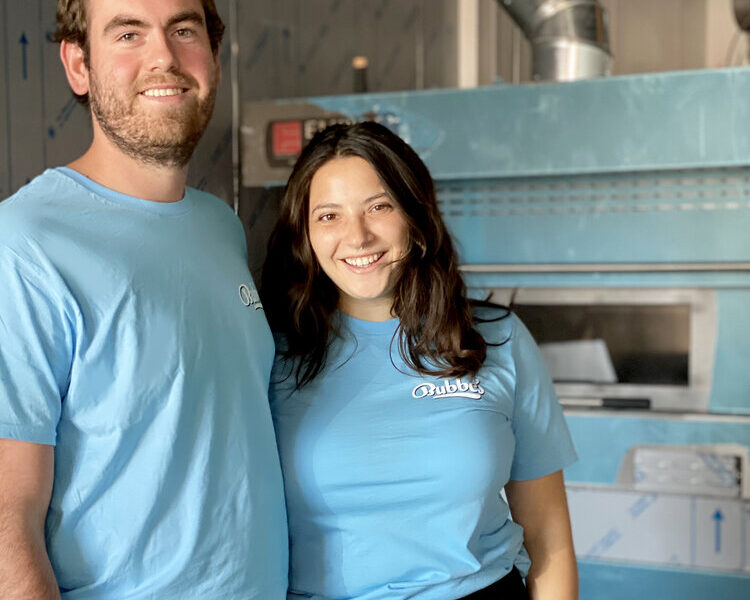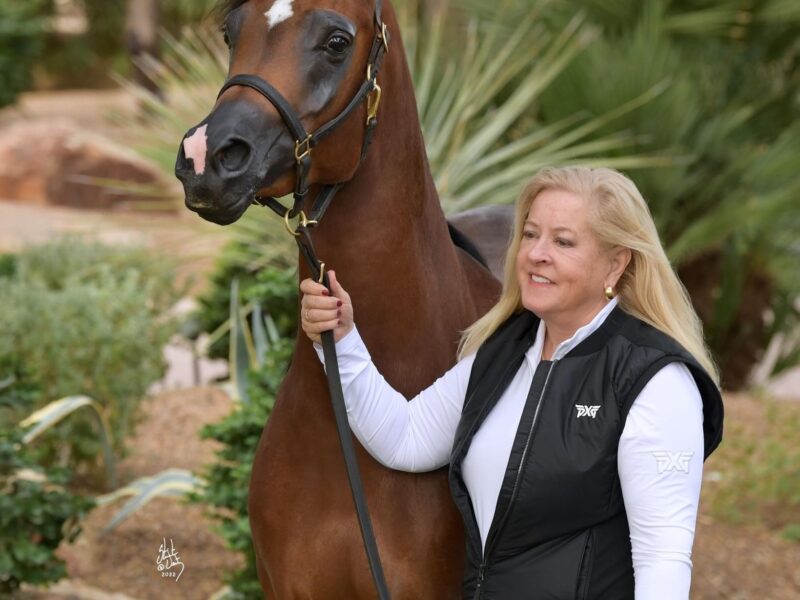Michael Levine is no stranger to saving historic buildings. For more than 20 years he has been a developer, transforming old warehouses slated for the wrecking ball into vibrant restaurants, shops and galleries in downtown Phoenix.
But in 2007, he embarked on an entirely different journey of preservation when he was introduced to a boarded-up building at 333 E. Portland St., which he eventually bought in 2015.
The building on Portland St. is Beth Hebrew Synagogue, the first Orthodox synagogue in Phoenix. “It’s one of the most exciting things I have ever done in my life,” says Michael. “It ‘s probably the most important Jewish story in the state of Arizona. I feel it’s one of the most important Jewish stories worldwide.”
The synagogue’s rich history began with a man named Elias Loewy. Elias was known as “the Jewish Schindler” for helping more than 1,000 Jews survive during World War II. He moved to Arizona for his health and in 1950 co-founded Beth Hebrew. He also was the co-founder of Jewish Free Loan in Phoenix.
The architect of the synagogue was Max Kaufman. Max’s approach was unique, uniting elements of his passions – astronomy and Egyptology in his design. He combined ancient Egyptian architecture with geometric details that can be found throughout the building. Many of these details connect to the “meaning of chai” and its numerical significance to the number 18. Even the year Michael bought the building figures into the equation. The building was 60 years old when Michael purchased it in 2015; if you divide 60 by 333 (the street number of the synagogue), you get 18.
The third player in Beth Hebrew’s beginnings was Rabbi Abraham Lincoln Krohn. He was the spiritual leader of Congregation Beth Israel when Elias moved to Phoenix. He founded the Jewish Family Service in Phoenix (now the Jewish Family and Children’s Service) and generously donated his time, and his own Torah, to see Beth Hebrew come to fruition when Elias died suddenly. The synagogue was constructed in 1955.
Beth Hebrew had many members and hosted many lifecycle events in its history. One included the bar mitzvah of a young man named Steven Spielberg. Another connection with the synagogue and Spielberg is that Elias Loewy’s son Fred was inspired to give his testimony to the Shoah Foundation after seeing Spielberg’s “Schindler’s List.”
The synagogue closed in the mid-1970s and was sold to a church. In the 80s it became home to the Black Theatre Troupe. There was a fire in the building in 2001 that left it unusable, and although the Troupe had initially intended to repair the damage, they moved to a new building instead.
Michael is unsure of what the future holds for the synagogue, but he has many ideas. “Because it is a flux space – it never had any permanent seating – it can be anything,” he says. “It can be a digital Holocaust memorial; it can be an education center; you could have a bar mitzvah or a life ceremony there.” Michael has already hosted some events including Shabbat and a screening of Nancy Spielberg’s movie “Above and Beyond.”
“I have started a 501(c)(3) so that people can make donations,” says Michael. “I’m going to put a board together of developers and people from different faiths and different groups.”
Michael has always seen the promise in Beth Hebrew and wants more people to know about its historical significance and become involved in its preservation. “When people come to the synagogue, they all say, ‘When are you going to be open? I want to be a part of this. I want to come here.’ This is real. This is authentic.”
For more information about Beth Hebrew, visit facebook.com/BethHebrew.


